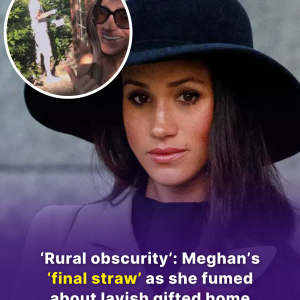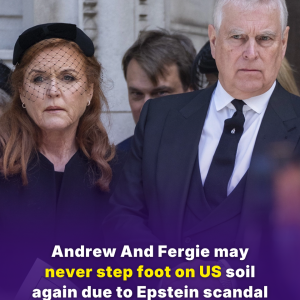
Walking in the forest is one of the few things that truly calms me. There’s something reassuring about the familiar rustle of leaves underfoot, the way the morning air smells faintly of moss and bark, and the stillness that invites your thoughts to stretch out and breathe. I go whenever I have time—alone, unhurried, and often without a destination. But that day, something unexpected happened. And I’ve thought about it every day since.
The morning had started like so many others. The sky was overcast, casting the woods in a soft gray light. Dew still clung to the ferns along the path, and birds called faintly from somewhere high above the canopy. I followed a trail I knew well, one that looped around a quiet stretch of forest. There was no one else around. Just the wind and me.
Then, just off the edge of the trail, something caught my eye.
A small cluster of yellow shapes—round, bright, and oddly uniform—stood out against the dark forest floor. They looked strange and almost artificial, like plastic toys someone had dropped and forgotten. I paused, peering through the underbrush, trying to make sense of what I was seeing.
At first, I thought they were mushrooms. Bright yellow ones, perhaps some rare variety I hadn’t come across before. Their shape was unusual—slightly puffed and clustered together in a pile. I stepped closer.
That’s when I noticed they were moving.
I froze. They shifted slightly, trembling, and then I heard it—soft, high-pitched chirping, almost too faint to register. These weren’t fungi or toys at all.
They were chicks. Tiny, barely hatched chicks.

Some were still partially in their eggs, shells broken around them like fragile crowns. Others huddled together on the cold ground, eyes still closed, their downy feathers ruffled by the breeze. They were shivering. Crying. Alive.
For a moment, I simply stood there, unsure what I was seeing. How had they ended up here? There were no nests above. No hen in sight. No farm nearby. Just forest, silence, and this impossibly fragile group of newborn creatures.
The only explanation that made sense—that someone had left them there on purpose—felt like a punch in the chest.
I pulled out my phone with shaky hands and called the nearest animal shelter I knew. The person on the line didn’t hesitate. “Stay with them,” they told me. “We’re on our way.”
I crouched nearby and tried to shield them from the breeze. I didn’t touch them, afraid that even the warmth of my hands might be too much for their tiny bodies. One let out a sharp little peep, then another. They weren’t giving up.

The rescue team arrived faster than I expected. We worked carefully, lifting each chick into a lined box, using soft cloth and gentle hands. Many were still breathing. A few chirped louder as they were moved, as if sensing the sudden warmth and attention. One little one still had shell stuck to its back, like a reminder of how new to this world it was.
Later, the shelter called to update me. Most of the chicks had survived. They were being kept warm, monitored closely, and would eventually be placed in foster care or with individuals trained to raise them. I was relieved—but also haunted.
I still don’t know who left them there or why. Maybe I never will. But what stayed with me was how close they came to being overlooked. Had I walked five feet to the left… had I chosen a different trail… they might not have been found in time.

We go through our days thinking we’ll know when something important is happening—when we’ll be called to act. But the truth is, most of the time it sneaks up on us, looking like nothing at all. Like a flash of yellow in the underbrush. Like a handful of lives no bigger than your palm.
That day didn’t end the way I expected. I didn’t just stretch my legs or clear my head. I came home changed. Because sometimes, without warning, a quiet morning walk becomes a test of what kind of person you are when no one else is looking.
And sometimes, doing something small—pausing, noticing, calling for help—can mean the difference between a life lost and a life saved.



